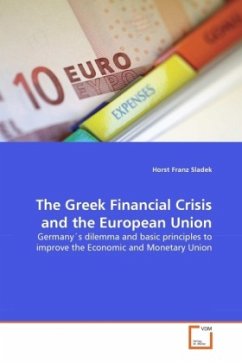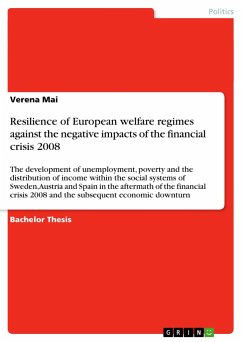Greece's accession to the Euro zone could jeopardize the future of the Economic and Monetary Union (EMU), because for years Greece has been accumulating more debt than other Euro zone member states. Could, indeed the Greek financial crisis be the straw which breaks the camel's back with respect to the Euro and the currency union of the European Union? With a historical view of the evolution of the Stability and Growth Pact and the accession of Greece to the EMU, the book tries to screen possible misinterpretations, good beliefs and optimistic views which led and ignorantly supported the current economic imbalance in the Euro zone. The book follows the political discussions and decisions taken to diminish international pressure on the Euro and to stabilize the budgetary situation in Greece. It also seeks to outline proceedings behind the scenes. Did the Commission know about financial troubles in Greece? Why did financial markets this time react in panic, although the markets wereaware of the Greek financial situation and never had reacted this way, since Greece has joined the currency union? What role does Germany's economic and political influence play?
Bitte wählen Sie Ihr Anliegen aus.
Rechnungen
Retourenschein anfordern
Bestellstatus
Storno








